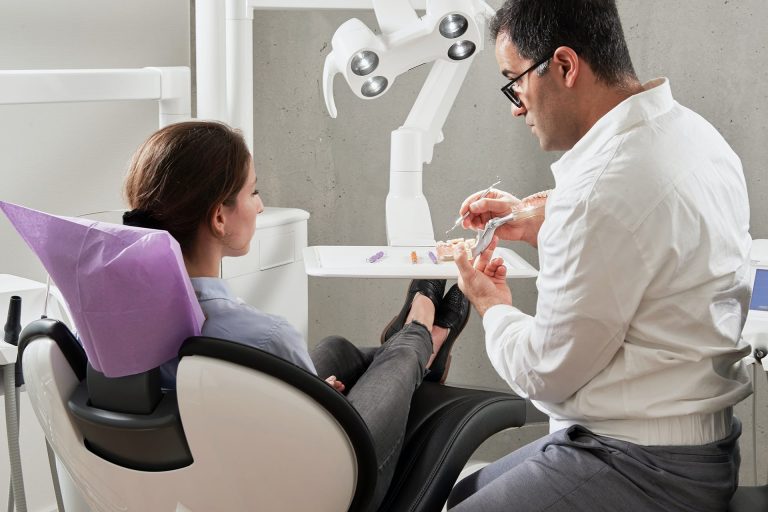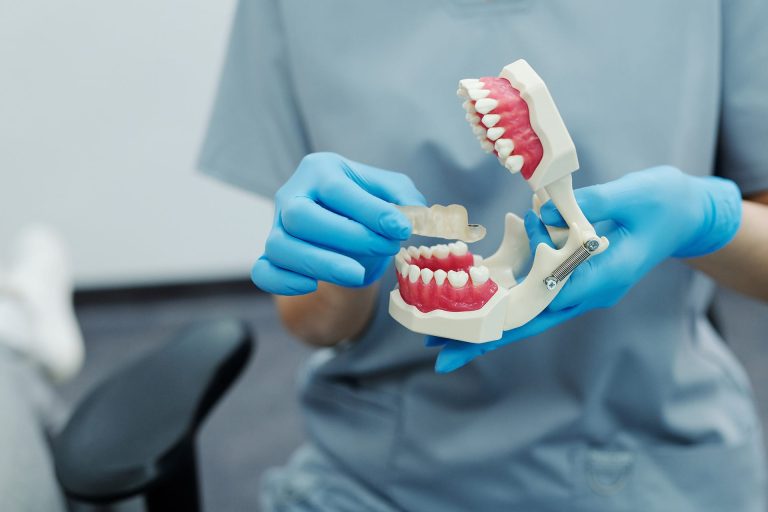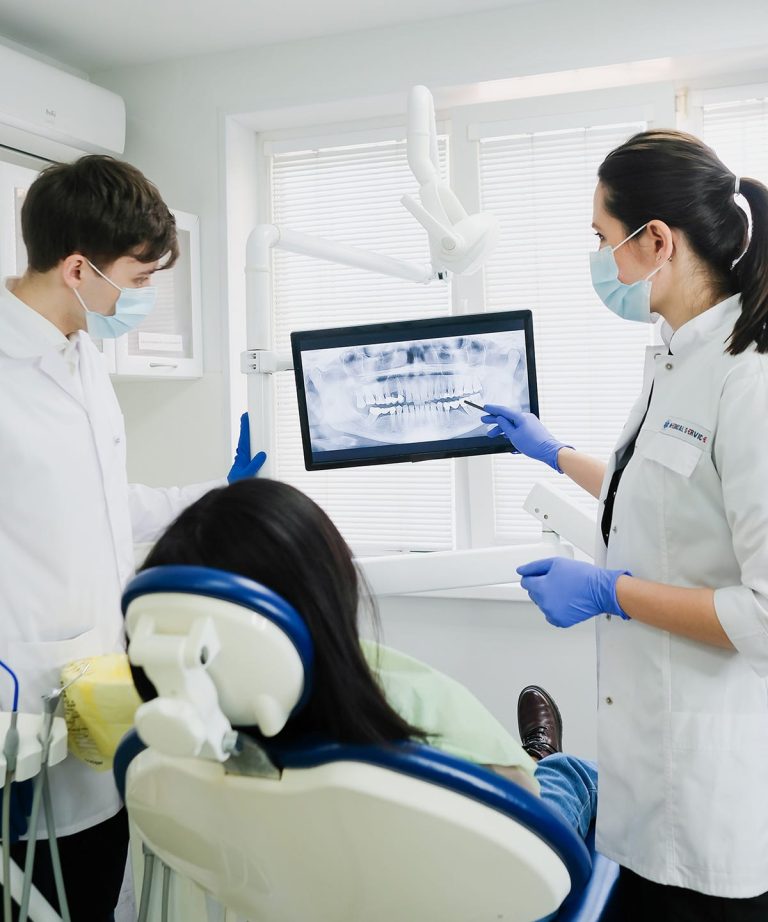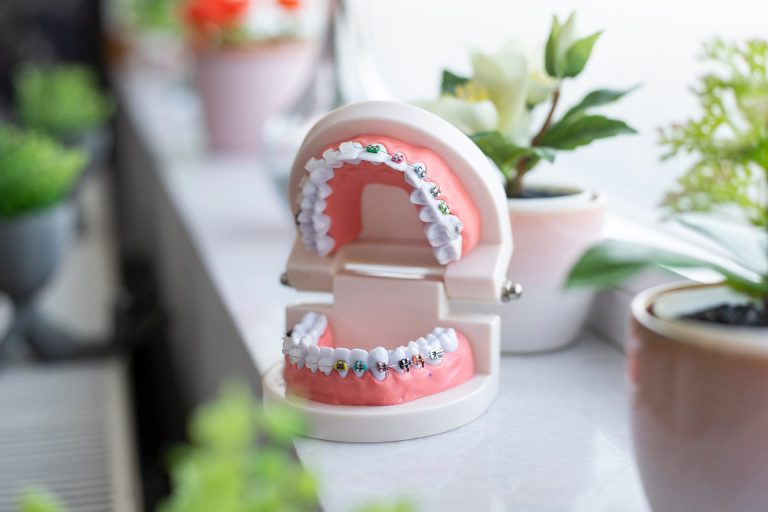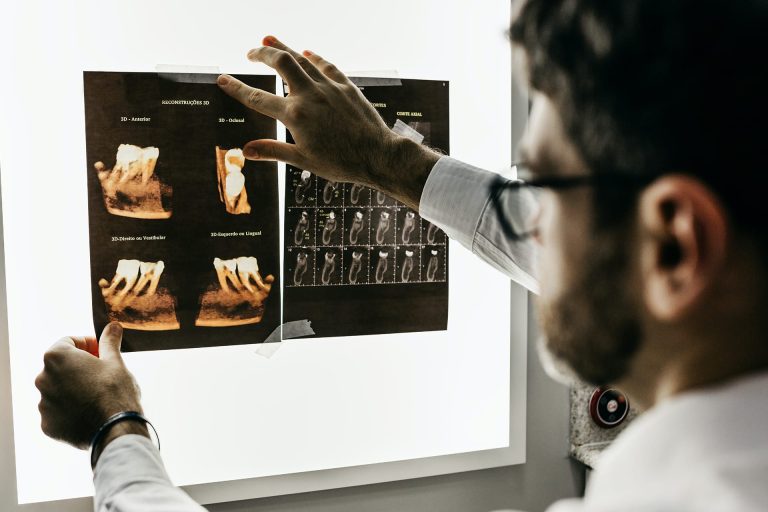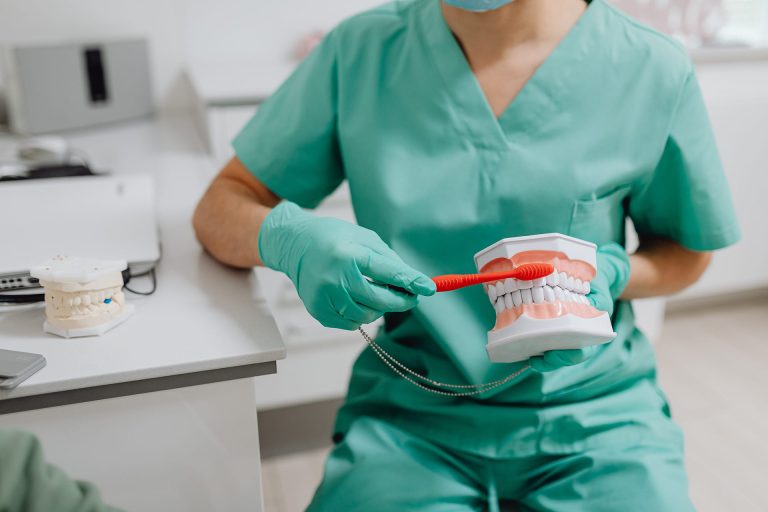Introduction: As a parent, you’re no doubt fascinated and sometimes bewildered by the world of baby teeth. From the first toothy grin to the final tooth fairy visit, baby teeth are a vital part of your child’s growth and development – but navigating this journey can feel like uncharted territory.
Snippet: Baby teeth, or primary teeth, play an essential role in your child’s development. They aid in speech, proper nutrition, and act as placeholders for adult teeth, ensuring they emerge correctly.
H2: The Importance of Baby Teeth
The significance of baby teeth, often referred to as primary teeth, cannot be overstated. They play a crucial role in your child’s overall development and health. Understanding their function will help you realize why proper care and maintenance of these temporary teeth are vitally important.
H3: The Role of Baby Teeth in Oral Development
Baby teeth are more than just placeholders for permanent teeth. They play an integral part in your child’s oral development, contributing to various aspects such as nutrition, speech, and even the alignment of adult teeth.
H4: Facilitating Proper Nutrition
The primary function of baby teeth is to facilitate proper nutrition. They aid in the breakdown of food, making it easier for your child to digest and absorb nutrients. This is particularly important in the early years when your child is growing rapidly and requires a well-balanced diet for optimal development.
H4: Aiding in Speech Development
Baby teeth also play a significant role in speech development. They help your child articulate words clearly, thereby aiding in effective communication from an early age. Without baby teeth, your child may struggle with certain sounds, which could impact their speech and language skills.
H4: Acting as Space Savers for Permanent Teeth
Another crucial role of baby teeth is to act as space savers for the permanent teeth that will eventually replace them. They maintain the space in the jaw, ensuring there is enough room for the permanent teeth to erupt properly. This can help avoid crowding or misalignment issues in the future.
H3: The Lifespan of Baby Teeth
Understanding the lifespan of baby teeth is equally important as it helps you monitor your child’s oral development and ensure it’s progressing as it should.
H4: When Do Baby Teeth Usually Appear?
Baby teeth typically start to appear when your child is around six months old, although this can vary. The first to erupt are usually the lower central incisors, followed by the upper central incisors. By the age of three, most children have a full set of 20 baby teeth.
H4: What is the Normal Shedding Process of Baby Teeth?
The process of shedding baby teeth usually begins around the age of six. Just like the eruption process, it starts with the lower central incisors, followed by the upper central incisors. By the age of 12, most children have lost all their baby teeth, and the permanent teeth have taken their place.
Overall, the importance of baby teeth should not be underestimated. They contribute significantly to your child’s oral development, nutrition, and speech. Proper care of these teeth is crucial, as it ensures a healthy foundation for the permanent teeth that will replace them.
H2: Recognizing and Addressing Teething Symptoms
Navigating the teething stage with your baby can be a challenging time. Understanding the symptoms and knowing how to address them can make this period less stressful for everyone involved. In this section, we will explore the common symptoms of teething and some effective methods to soothe your little one.
H3: Common Symptoms of Teething
Teething is a natural process that all children go through, but it can come with a variety of symptoms. Some babies may experience few symptoms, while others may have a more difficult time.
H4: Increased Drooling
One of the first signs of teething is increased drooling. You may notice that your baby’s clothes are often damp or that they have a rash on their chin, neck, or chest from the excess saliva. While this can be messy, it’s a normal part of the teething process.
H4: Irritability and Sleep Issues
Teething can also lead to irritability and disrupted sleep. The discomfort of the emerging teeth can cause your baby to be fussy and have difficulty settling down for naps or bedtime. You may notice that they are more clingy than usual or have a decreased tolerance for routine disruptions.
H4: Loss of Appetite
Another common symptom of teething is loss of appetite. The discomfort in their gums can make feeding uncomfortable, whether they are breastfed, bottle-fed, or eating solids. You might find that they are more interested in chewing on objects than eating their meals.
H3: Effective Ways to Soothe a Teething Baby
While teething can be a difficult time, there are several strategies you can use to help soothe your baby’s discomfort.
H4: Using a Teething Ring
A teething ring can provide relief for your baby’s sore gums. Look for one made of soft, chewable material that’s easy for your baby to hold. Chilling the teething ring in the refrigerator can also provide additional comfort, but avoid freezing it as this can be too hard for your baby’s gums.
H4: Applying a Cool Washcloth
A cool, damp washcloth can also be soothing for a teething baby. Simply wet a clean washcloth, wring out the excess water, and chill it in the refrigerator for a bit before giving it to your baby to gnaw on.
H4: Offering Teething Biscuits or Frozen Foods
If your baby is eating solids, teething biscuits or frozen foods can be a good option. These can provide a soft, chewable texture that’s soothing for their gums. Just be sure to supervise your baby while they’re eating to prevent any choking hazards.
Overall, recognizing and addressing teething symptoms can help make this stage more manageable for both you and your baby. Remember that each child is different, so what works for one baby may not work for another. It’s all about finding what works best for your little one and providing them with the comfort they need during this challenging stage.
H2: The Proper Care for Baby Teeth
Taking care of your baby’s teeth is a crucial part of their overall health and well-being. Good oral hygiene habits that are established early on lay the foundation for strong, healthy teeth and gums in their adulthood.
H3: Establishing a Regular Oral Hygiene Routine
A regular oral hygiene routine should be established as soon as your baby’s first tooth appears. This can set the stage for a lifetime of good oral health and hygiene habits.
H4: When and How to Start Brushing Baby Teeth
Start brushing your baby’s teeth as soon as the first tooth emerges, usually around six months of age. Use a small baby toothbrush with soft bristles and a smear of fluoride toothpaste no larger than a grain of rice. Brush twice a day, in the morning and before bedtime, and always supervise your child while brushing until they are old enough to do it on their own.
H4: The Importance of Fluoride
Fluoride plays an essential role in preventing tooth decay and promoting healthy tooth enamel. The American Dental Association recommends using a fluoride toothpaste from the moment the first tooth emerges. Fluoride helps to harden the tooth enamel, making it more resistant to acid attacks and decay.
H4: Introducing Dental Visits
Experts recommend scheduling your child’s first dental appointment when their first tooth appears or by their first birthday. Regular dental visits can help your child become comfortable with the dentist and can help to catch any potential issues early.
H3: Preventing Tooth Decay and Cavities
Tooth decay and cavities can occur even in the tiniest of teeth. Prevention is the best form of protection against these dental issues.
H4: Understanding Bottle Rot
Bottle rot, also known as early childhood caries, is a severe form of tooth decay that can affect babies and toddlers. It’s often caused by frequent, prolonged exposure of the baby’s teeth to drinks that contain sugar, like milk, formula, fruit juice, and others. To prevent bottle rot, avoid letting your baby fall asleep with a bottle and transition to a cup as they grow.
H4: Encouraging Healthy Eating Habits
Healthy eating habits play a crucial role in preventing tooth decay. Encourage your child to consume a balanced diet with plenty of fruits, vegetables, and whole grains. Limit sugary snacks and drinks, as these can lead to cavities.
Overall, the proper care of your baby’s teeth involves a combination of regular dental visits, good oral hygiene habits, the use of fluoride, and a balanced diet. By establishing these routines early, you can set your child up for a lifetime of good oral health.
H2: Dealing with Baby Tooth Loss
Navigating through the process of baby tooth loss can be a challenging journey for both parents and children. But with a proper understanding of the process, it can be a breeze.
H3: Understanding the Normal Process of Baby Tooth Loss
Baby tooth loss is a natural, biological process that every child undergoes. It signifies the transition from baby teeth, also known as deciduous teeth, to permanent teeth.
H4: When Should Baby Teeth Fall Out?
Typically, children begin to lose their baby teeth around the age of six. However, it’s important to remember that each child is unique and the process may start earlier or later. The lower front teeth are usually the first to fall out, followed by the upper front teeth. By the age of 12 to 13, most children have lost all their baby teeth.
H4: What is the Role of Permanent Teeth in This Process?
Permanent teeth play a crucial role in this process. They push against the roots of the baby teeth, causing them to loosen and eventually fall out. This process makes room for the permanent teeth to emerge and settle into place.
H3: Handling Premature Baby Tooth Loss
Premature baby tooth loss can be a cause for concern. It’s essential to consult a dental professional to ensure proper dental health development.
H4: Causes of Premature Tooth Loss
Premature tooth loss in children can occur due to several reasons. These may include cavities, dental injuries, or certain medical conditions. Children who consume a lot of sugary foods and beverages are more prone to cavities, which can lead to premature tooth loss if left untreated.
H4: What to Do if a Baby Tooth is Knocked Out
If a baby tooth is knocked out prematurely, it’s important to keep calm. Do not attempt to reinsert the tooth as this can damage the developing permanent tooth. Instead, rinse the child’s mouth gently with warm water and apply a cold compress to reduce any swelling. Seek immediate dental attention to address the situation appropriately.
Overall, dealing with baby tooth loss requires understanding and patience. Both normal and premature tooth loss are part of a child’s journey to developing a healthy and beautiful smile. Therefore, it’s crucial to maintain good oral hygiene and regular dental check-ups to ensure a smooth transition from baby teeth to permanent teeth.
H2: Common Problems and Concerns with Baby Teeth
Baby teeth, also known as primary teeth, play a crucial role in a child’s development. They assist in the proper alignment and spacing of permanent teeth, making their health and timely eruption vital. However, several issues can arise during this stage, causing concern for parents.
H3: Identifying and Addressing Baby Teeth Issues
Understanding common baby teeth issues can help you identify them early and seek timely intervention.
H4: Delayed Eruption
The first set of baby teeth typically appears around six months of age. However, some babies may experience delayed eruption. This could be due to various factors such as genetics, malnutrition, or systemic diseases. If your child doesn’t have any teeth by their first birthday, a consultation with a pediatric dentist would be advisable.
H4: Tooth Discoloration
Tooth discoloration in baby teeth can range from yellow to brown or even black. This could be due to inadequate oral hygiene, prolonged use of a bottle, or certain medications. Regular teeth brushing using an appropriate toothpaste and a soft-bristled toothbrush can often resolve this issue.
H4: Over-retained Baby Teeth
Over-retained baby teeth occur when a baby tooth refuses to budge even after the permanent tooth has started to erupt. This could lead to misalignment of the permanent teeth. If you notice over-retained baby teeth, a visit to the dentist would be beneficial to avoid future orthodontic issues.
H3: When to Seek Professional Help
While some baby teeth issues can be resolved at home with proper oral hygiene practices, others necessitate professional intervention.
H4: Signs That Your Child May Need to See a Dentist
If your child complains of persistent tooth pain, has visible cavities or spots on their teeth, suffers from bad breath, or experiences difficulty in chewing, it’s time to make an appointment with a dentist. Additionally, if you notice any abnormalities in your child’s teeth or gum health, seek professional help promptly.
H4: What to Expect at Your Child’s Dental Visit
The dentist will conduct a thorough examination of your child’s oral health, including teeth, gums, jaws, bite, and oral tissues. They may also perform a professional cleaning to remove any plaque or tartar build-up. If necessary, the dentist will recommend appropriate treatment for any identified issues.
Overall, maintaining your child’s oral health requires a combination of home care and professional dental check-ups. Regular brushing, proper nutrition, and timely dental visits can ensure your child’s baby teeth stay healthy, paving the way for a strong set of permanent teeth.
H2: Conclusion
In the blink of an eye, your little one grows, and with this growth, the world of baby teeth unfolds. As we have discovered, baby teeth play a pivotal role in your child’s health and development. Embrace this transitional phase, and remember, each tooth is a stepping stone towards a radiant, healthy smile that will last a lifetime.
Key-takeaways:
1. Baby teeth, also known as primary teeth, play a critical role in your child’s development by facilitating proper nutrition, aiding in speech, and acting as space savers for permanent teeth.
2. Recognizing and addressing teething symptoms with effective methods such as teething rings, cool washcloths, and teething biscuits can make this stage more manageable for both parents and babies.
3. Early establishment of regular oral hygiene routines, including brushing baby teeth with fluoride toothpaste and regular dental visits, is crucial for your child’s long-term oral health.
4. Understanding the normal process of baby tooth loss and how to handle premature tooth loss is vital for ensuring your child’s smooth transition from baby teeth to permanent teeth.
5. Identifying common issues with baby teeth such as delayed eruption, tooth discoloration, and over-retained baby teeth early can prevent future dental problems and ensure the health of your child’s permanent teeth.
“Meta description: Unearth the mystery of baby teeth with these 5 insider facts, essential knowledge for your little one’s dental journey.”

